At the prime age of 40, I feel really good. Looking back of the things that have happened, the good, the bad, and even the uglies – I feel that I am at a good place in my life. Well, except for one, I have high cortisol.
In trying to understand my body and to answer many questions women my age who are also experiencing high cortisol and other pre-menopausal symptoms, I reached out to Dr. Debra Muth at Serenity Health Care Center to give us some insights.
You Might Also Be Interested In:
-
5 Ways to Boost Health During Menopause (Plus a Heart-Healthy Recipe!)
- The Benefits of Acupuncture: 4 Reasons Why Women Should Consider It
First, what exactly is cortisol and why do we need it?
Cortisol is a hormone produced by the adrenal glands. It provides our fight or flight response to happen or the survival response. We need cortisol to control blood sugar and insulin levels. We need it to regulate our immune system and to reduce inflammation. It controls our circadian rhythm – the sleep wake cycle.
What are some visible signs that you have high cortisol?
When women have high cortisol they are going to feel wired and tired. Weight gain especially concentrated around the mid-section. Thinning skin, acne, purple stretch marks, and hair loss. Over longer periods of exposure to high cortisol we will see bone loss occur.
What are some non-visible signs that you have high cortisol?
Blood sugar changes occur so people will be sensitive to the rise and fall of their blood sugar levels. We often see anxiety, depression & irritability – wanting to be isolated from the world. Sleep disorders are common, difficulty getting to sleep and staying asleep become problematic. You don’t wake feeling rested.
Are unbalanced hormones and high cortisol related?
Yes, they go hand and hand because of the connection to the hypothalamus and pituitary they are the divas of the hormone world. They have to communicate with the adrenal glands and when things are imbalanced the communication highway becomes congested and the signals get mixed up. We will see irregular menstrual cycles, libido issues and fertility issues from these hormones being imbalanced.
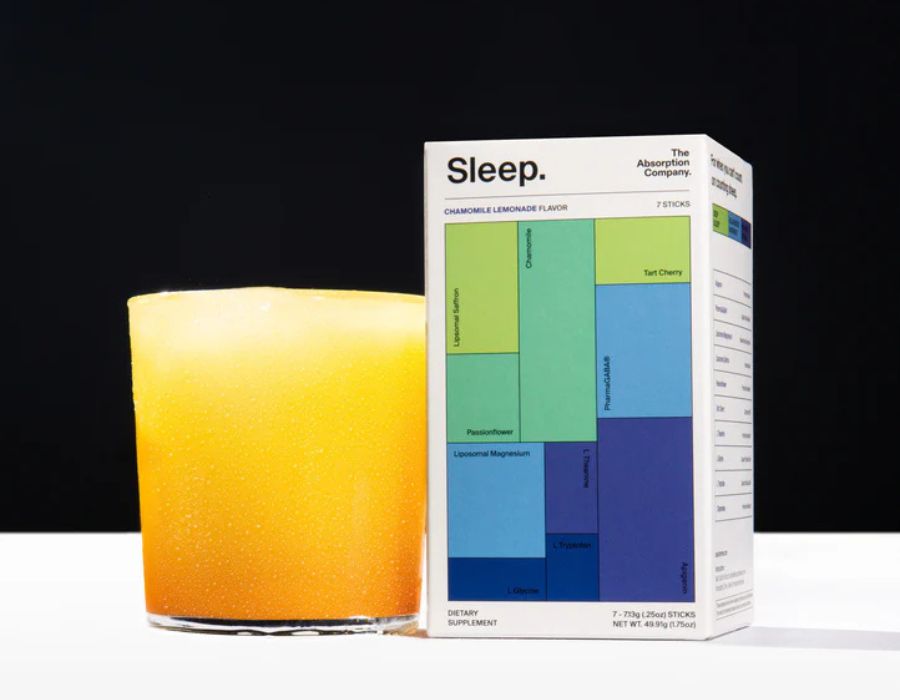
What are the best supplements to take to lower cortisol?
Herbs like Ashwanganda, vitamin C, Holy basil, Rhodiola, Phosphatidylserine lower cortisol and help to balance the body.
Speaking of supplements, one of my favorite things to take with me when traveling to keep my stress levels low and preventing a hot flash in the middle of a flight is from The Absorbtion Company with their Watermelon Lemonade powdered vitamins you simply add to water – such a delicious flavor reminding you of summer time, especially during this time of year. Proven to
-
Reduce cortisol levels and unwind with Sensoril® Ashwagandha and Capsoil® Passionflower Oil.*
-
Improve your mood even when the sun isn’t shining with Capsoil® Vitamin D.*
-
Zen out with Zembrin®, which works quickly to elevate mood.*
-
Help improve cognitive function and provide antioxidant benefits with powerful nootropic Sabroxy®.*

To help me sleep at night and reduce cortisol I’ve been drinking MoonBew NEW Mint Chocolate is crafted with 11 adaptogens and calming botanicals including magnesium, L-theanine, and chamomile to help you unwind and recharge while you sleep. Each sip supports deep relaxation and restorative rest to wake up refreshed and rebalanced.
When I am traveling, I take with me Deep Rest & Stress Relief, featuring KaraCalm™ it features an herbal sleep and stress combo called KaraCalm™—a blend of time-honored botanicals that help lower levels of cortisol and promote a healthy circadian rhythm. Additionally, this is Ideal for those wanting to avoid melatonin or other synthetic sleep aids.
Also, recommended by Registered Dietician Kaitlyn Comeau is KAL Vitamin’s Mood Magnesium Powder. With both magnesium and L-theonine supporting normal cortisol levels taken alone. They help reduce anxiety, stress and promote good sleep. Stress, anxiety and bad sleep raise cortisol.
Lastly, what are some ways you can lower your cortisol without medication?
Naturally, to lower cortisol especially at night is to improve sleep. Meditation and deep breathing can lower cortisol during a stressful day. Enjoy spending time outdoors and sunbathing is great for cortisol and grounding where we are connecting with the earth is an easy, inexpensive tool we can use to lower cortisol. Avoiding caffeine and sugar are extremely helpful to reduce cortisol.
Obviously there isn’t a magic pill or an overnight spell that can whip us back to a so-called norm but I do hope these insights from Dr. Muth and products that I am personally using, are helpful and provide some clairty pertaining to our symptoms and that you too can start to lower your cortisol.

Ashley-Victoria Smith
Serial entrepreneur, celebrity publicist, published author, swimwear designer, and creative director. Currently resides in the Queen City with her two rescue fur babies indulging in coffee, a good book, and Marvel movies.




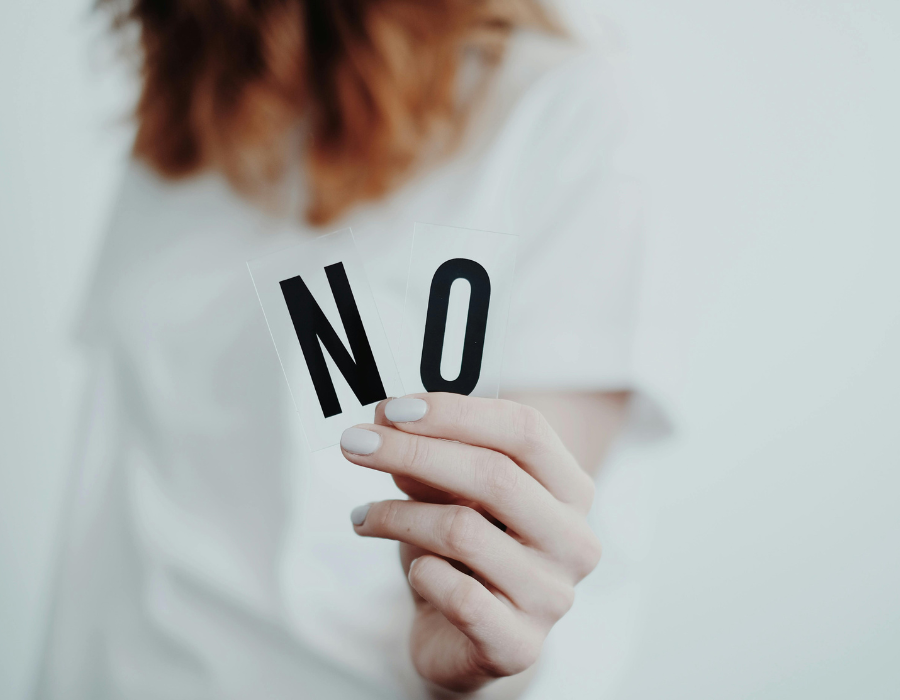














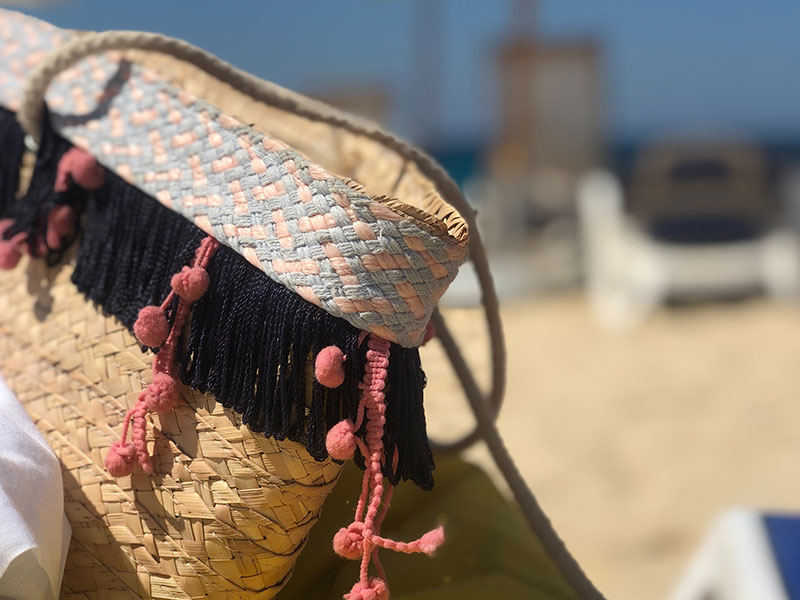
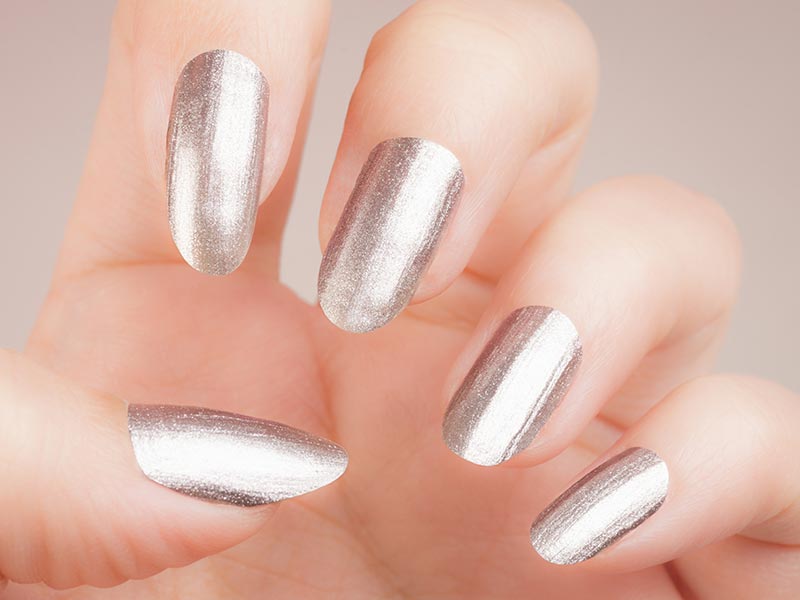

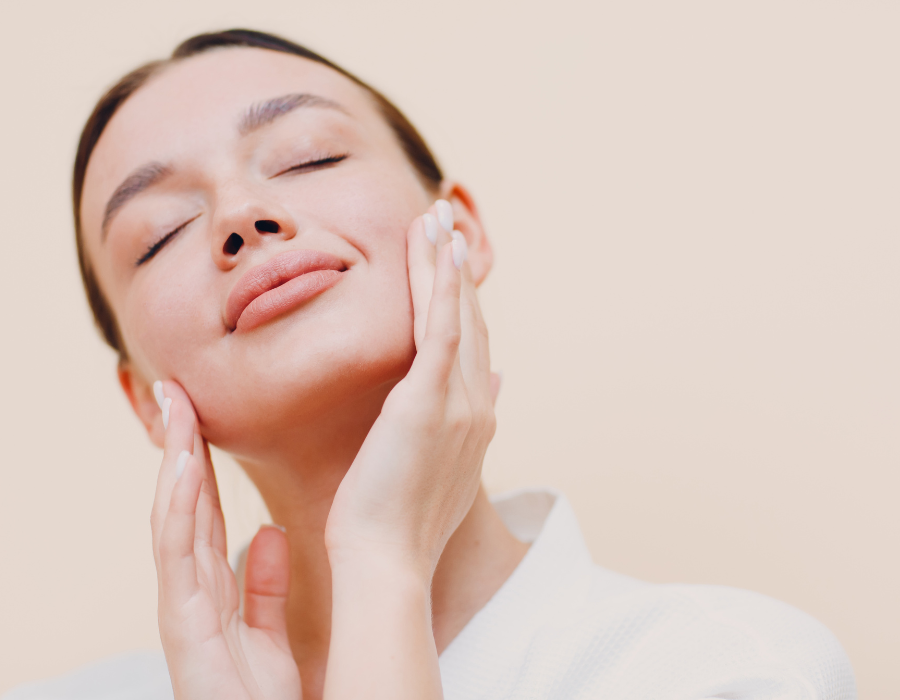





Subscribe so you don’t miss a post
Sign up with your email address to receive news and updates!